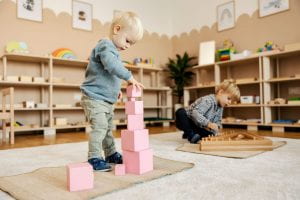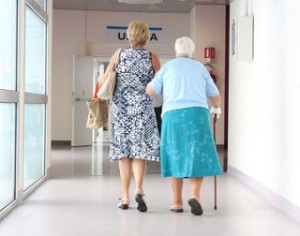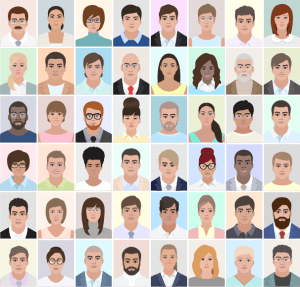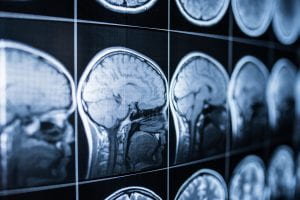 Fake news is more widespread today than ever before.
Fake news is more widespread today than ever before.
Political activists who want to unfairly influence voters create false news stories. Unscrupulous media companies publish falsehoods as clickbait. Political regimes spread false propaganda to support their policies. And the blurring line between entertainment and news leads to writing that doesn’t comply with journalistic standards. [Read more…]
 Mild cognitive impairment—lapses such as missing appointments, losing things, and having trouble finding the words to describe something—affects millions of older adults across the United States. Yet because it’s so common in later life, many people ignore or brush aside the condition.
Mild cognitive impairment—lapses such as missing appointments, losing things, and having trouble finding the words to describe something—affects millions of older adults across the United States. Yet because it’s so common in later life, many people ignore or brush aside the condition.  If you spend time on YouTube or TikTok, you may have come across videos of someone whispering into a microphone, carefully slicing stacks of slime, or slowly ripping strips of paper. These videos are designed to trigger an autonomous sensory meridian response, or ASMR, a tingly feeling that travels from the top of the scalp down the back of the neck to the upper spine.
If you spend time on YouTube or TikTok, you may have come across videos of someone whispering into a microphone, carefully slicing stacks of slime, or slowly ripping strips of paper. These videos are designed to trigger an autonomous sensory meridian response, or ASMR, a tingly feeling that travels from the top of the scalp down the back of the neck to the upper spine.  More than 10 years ago, an organization in the United Kingdom called Alcohol Change U.K. kicked off a Dry January campaign to encourage U.K. residents to abstain from drinking alcohol for January.
More than 10 years ago, an organization in the United Kingdom called Alcohol Change U.K. kicked off a Dry January campaign to encourage U.K. residents to abstain from drinking alcohol for January. It’s been more than 100 years since Dr. Maria Montessori first developed the Montessori method of education, which focuses on building children’s resourcefulness and natural abilities through practical play.
It’s been more than 100 years since Dr. Maria Montessori first developed the Montessori method of education, which focuses on building children’s resourcefulness and natural abilities through practical play.  We often think of engaging in leisure activities as an important component of a well-balanced life. Now, a new systematic review finds that leisure activities of all kinds reduce your risk of developing dementia later in life.
We often think of engaging in leisure activities as an important component of a well-balanced life. Now, a new systematic review finds that leisure activities of all kinds reduce your risk of developing dementia later in life.  Even though it’s the dog days of summer vacation, many schools across the country are getting ready to bring students back into the classroom — and that means giving serious thought to the best ways to teach the youngest students to read.
Even though it’s the dog days of summer vacation, many schools across the country are getting ready to bring students back into the classroom — and that means giving serious thought to the best ways to teach the youngest students to read. 





